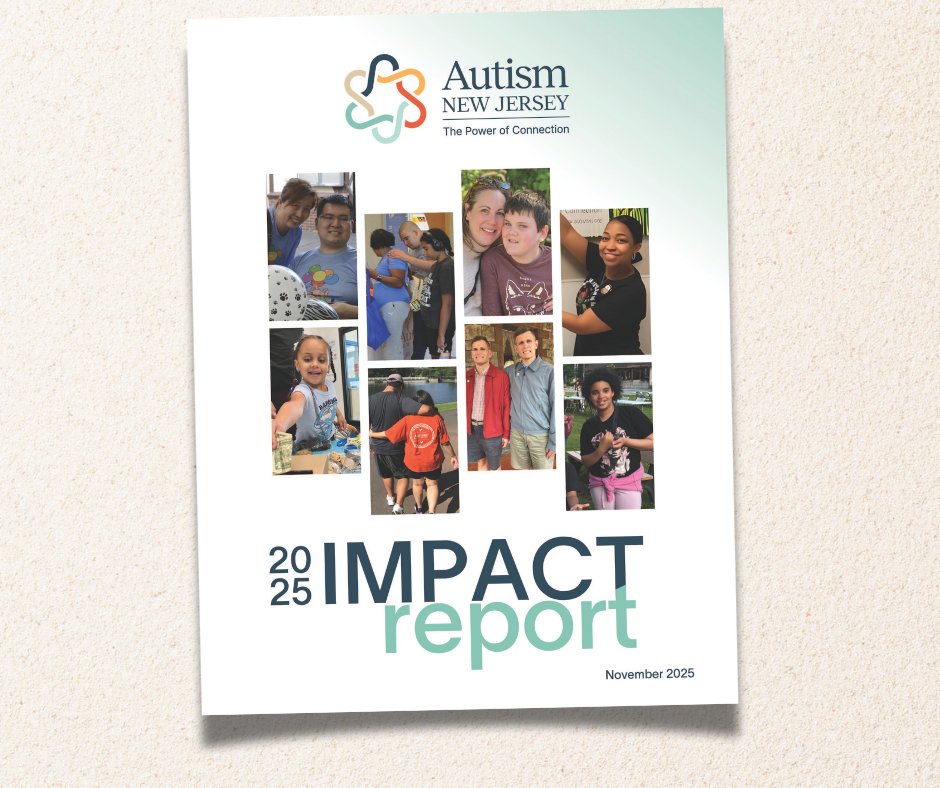More Resources
Pediatricians play an important role in monitoring developmental milestones in their patients.
Frequent check-ins and parent education are essential to the early identification of developmental delays and connections to needed supports and interventions.
The American Academy of Pediatrics recommends that pediatricians conduct formal developmental screening at 9 months, 18 months, and 30 months.
Developmental Surveillance and Screening
When developmental concerns are noted, it is important to connect families to early intervention. Early intervention services are designed to address problems or delays as soon as possible and are available up until the age of three. Early interventionists work with infants and toddlers on things like motor, communication, and play skills in their natural environment.
Age Related Concerns: Early Intervention
NJ Department of Health Early Intervention System
If developmental concerns are noted for a child three or older, support and services are available through the public school system and the Individuals with Disabilities Education Act (IDEA). Families should be advised to reach out to their local school district’s Child Study Team.
Age Related Concerns: School Aged
NJ Office of Special Education
In addition to routine developmental screening, the American Academy of Pediatrics recommends formal screening for autism at 18 and 24 months. The most common screening tool is:
The Modified Checklist for Autism in Toddlers, Revised with Follow-Up (M-CHAT-R/F)
If the formal autism screening indicates a positive score for at-risk for an autism diagnosis, the pediatrician should address this concern with the family and take appropriate next steps.











